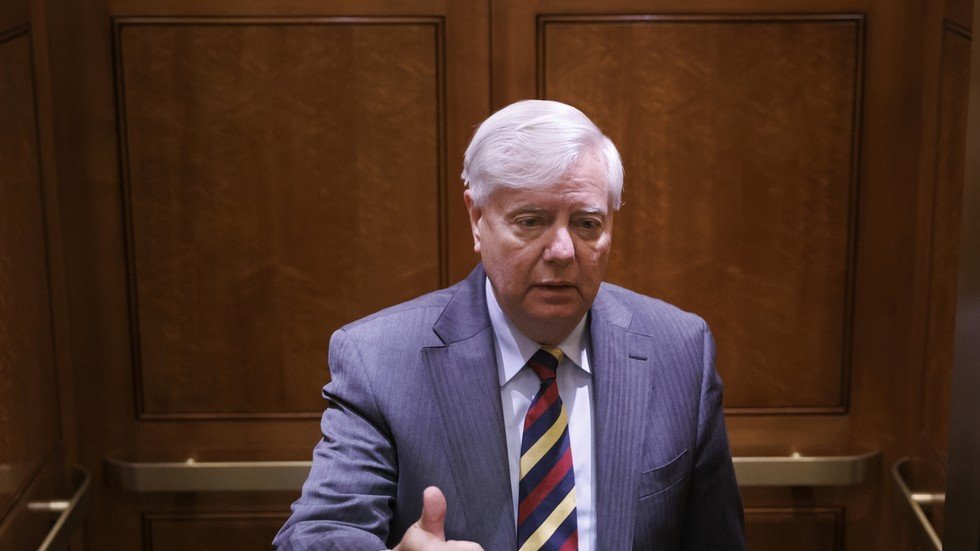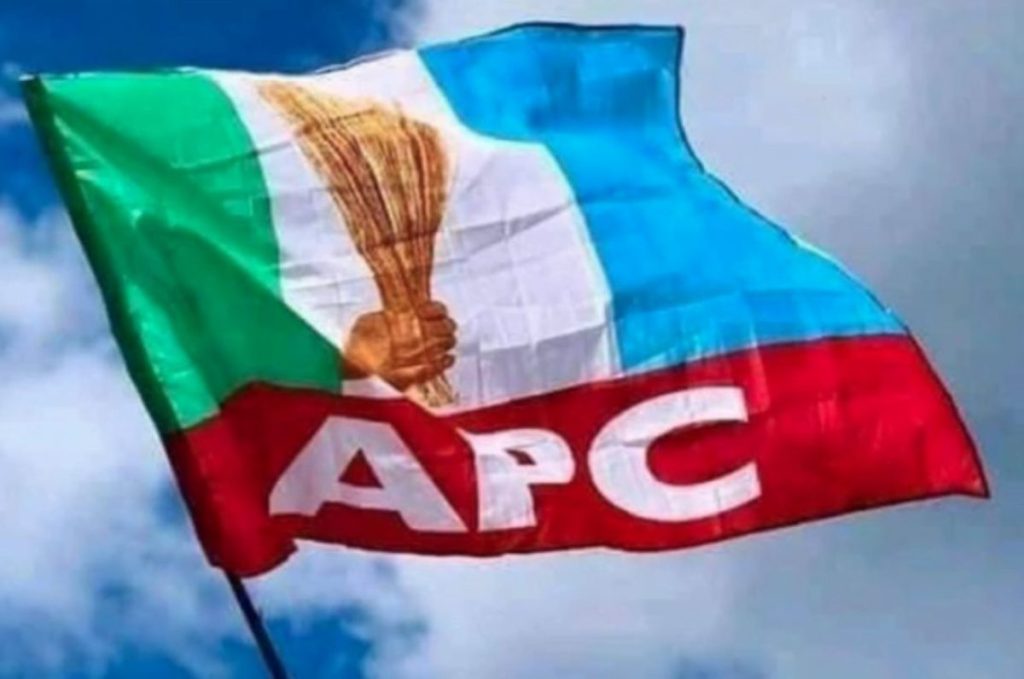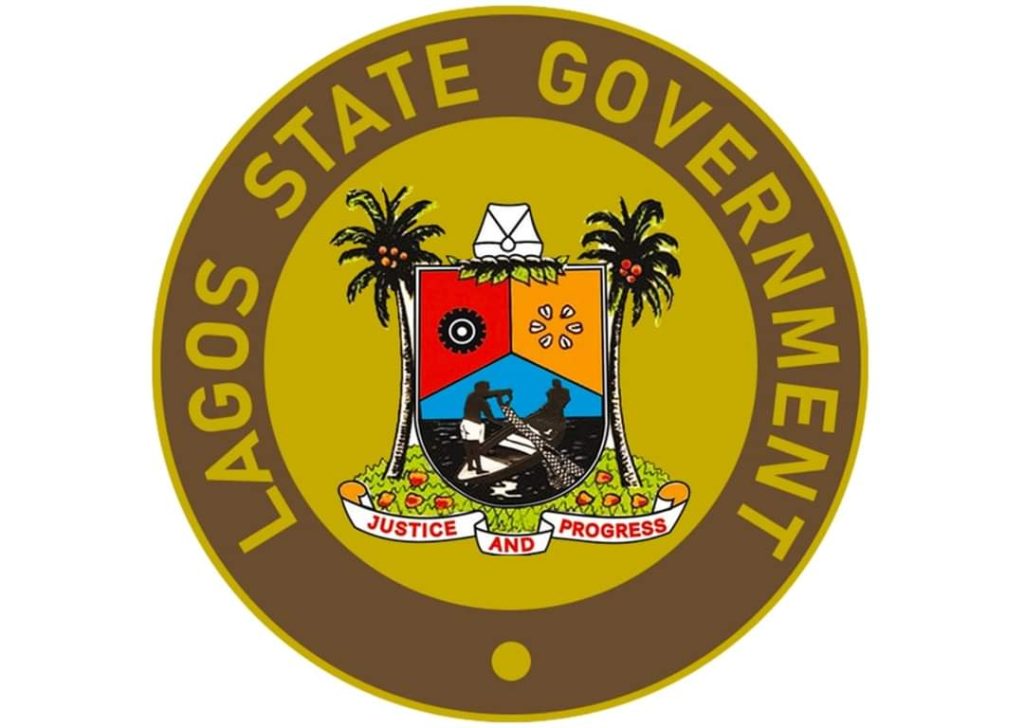Protests in Morocco have turned violent, resulting in the deaths of two people after police opened fire on a group attempting to storm a police station in Lqliaa. The demonstrations, driven by Moroccan youth networks, are demanding better public services, including healthcare and education, as well as action against corruption. Authorities reported that over 400 people have been arrested and nearly 300 injured during the rallies.
In a separate incident, a scaffolding collapse at a church in Ethiopia has killed at least 30 people and injured over 200. The accident occurred at the Arerti Mariam church, where thousands of worshippers had gathered. Rescue operations are underway, with many people still trapped under the rubble. The government has expressed condolences and emphasized the importance of prioritizing safety in construction projects.
Meanwhile, journalists in Sudan’s western region of Darfur are facing violence, hunger, and persecution. The city of El-Fasher has been under siege since May 2024, with the Rapid Support Forces (RSF) fighting the Sudanese army. Journalists have reported being cut off from food and aid, and some have been targeted with sexual violence and arbitrary detention. The United Nations has reported that over 600,000 people have fled the city and surrounding camps, with those remaining facing famine.
In Mali, former Prime Minister Moussa Mara has been denied bail and faces a two-year prison sentence for charges including undermining state credibility and spreading false information. Mara’s arrest is seen as part of the military junta’s crackdown on political opposition and dissent. The junta, led by Gen. Assimi Goita, has banned all political parties and intimidated, jailed, and forcibly disappeared journalists and rights activists.
In the Democratic Republic of Congo, a death sentence handed down to former President Joseph Kabila has raised concerns about the country’s stability. Kabila was sentenced to death in absentia on charges of treason and war crimes, including murder, sexual assault, and torture. The sentence has been seen as politically motivated, with many of Kabila’s supporters believing it could derail peace efforts. Analysts warn that the ruling could deepen instability in the region, although widespread unrest appears unlikely due to Kabila’s declining popularity.



